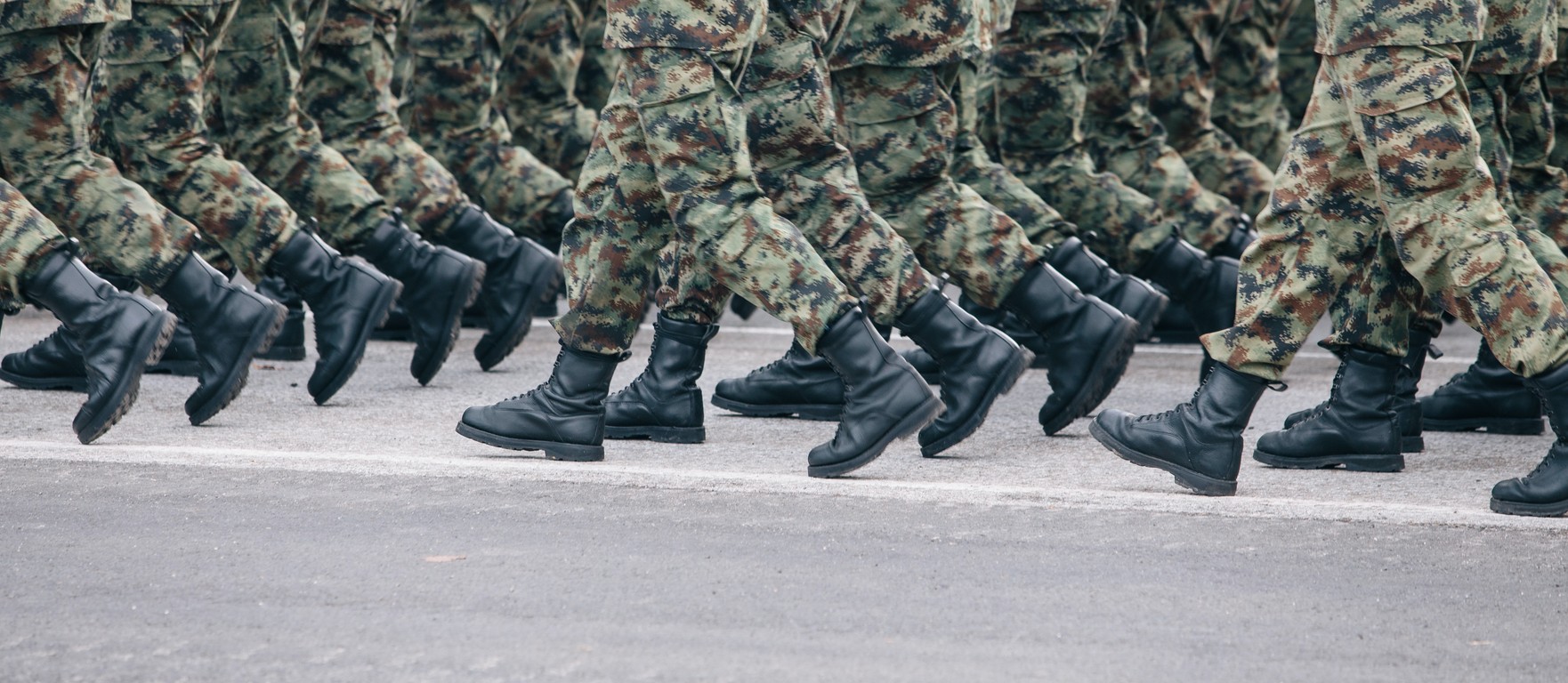
Defence spending in CEE shifted significantly after the annexation of Crimea
02. 03. 2022 – Lomond
Over the weekend, German Chancellor Olaf Scholz announced the establishment of a €100 billion fund to boost the strength of Germany’s armed forces. Germany will also increase its defence spending above NATO’s guideline of 2% of GDP, up from 1.53% today.
It was an historic announcement, and one that shone a light on the contrast between Germany’s attitude to defence spending and its neighbours / near-neighbours in Central & Eastern Europe – many of which took similar steps following the Russian annexation of Crimea in 2014 and the adoption by NATO of the Defence Investment Pledge last that same year.
The Defence Investment Pledge called for members to halt cuts to defence budgets and meet the 2% of GDP guideline within a decade. Since then, the defence budget of all of the NATO members has increased by 24.5%, but it has increased more significantly than that in every one of the 14 members in CEE – ranging from 32.3% in Poland up to a near tripling of the defence budget in Lithuania and Latvia (albeit, obviously, from a much lower base):

Prior to 2014, none of the NATO members in CEE were meeting the 2% of GDP guideline for defence spending. By last year, six of them were meeting that target: Croatia (2.79%), Estonia (2.28%), Latvia (2.27%), Poland (2.10%), Lithuania (2.03%) and Romania (2.02%):

Perhaps most interesting of all, the balance of defence spending has shifted very significantly. As part of the Defence Investment Pledge, NATO members also agreed to move towards spending at least 20% of annual defence expenditure on new equipment within a decade. In the year the Pledge was signed, Estonia was the only CEE member that spent more than 20% of its defence budget on new equipment. By last year, 13 out of the 14 NATO members in CEE had hit that target – and, in the cases of Croatia, Hungary, North Macedonia, Poland and Slovakia, had gone past 25%:

It has certainly left the NATO alliance in CEE better placed militarily than was the case when Russia annexed Crimea in 2014.